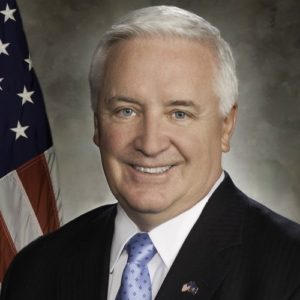Medicare Reveals First Results of Quality Program
Slightly more than half of all U.S. hospitals will receive enhanced payments from Medicare and slightly fewer than half will see their payments reduced slightly as a result of the first reporting period for Medicare’s new value-based purchasing program.
The largest bonus will be awarded to Treasure Valley Hospital, in Utah. Each of its Medicare payments will rise 0.83 percent. The largest penalty will be assessed to Auburn Community Hospital, in Syracuse, which will see its Medicare payments reduced 0.9 percent. Two-thirds of all hospitals will see their payments rise or fall less than 0.25 percent.
Medicare’s value-based purchasing program, created by the Affordable Care Act, seeks to enhance provider accountability for the care they deliver. Seventy percent of a hospital’s score is based on its performance according to 12 basic standards of care and the rest of the score is based on the results of patient satisfaction surveys.
The program will be expanded in the coming years to encompass more standards of care. A companion program, based on Medicare readmissions within 30 days of patient discharge, is already under way and rewarding top performance and penalizing underperforming hospitals.
According to the figures released, 51 percent of Pennsylvania hospitals will receive bonuses through the value-based purchasing program and 49 percent will be penalized. Between the two programs – the value-based purchasing program and the readmissions reduction program – 20 percent of Pennsylvania hospitals will see a net increase in payments and the remaining 80 percent either broke even or will see their payments reduced.
Read more about the quality program in this Kaiser Health News report , which also offers links to lists of the results for every hospital in the country for both the Medicare value-based purchasing and readmissions reduction programs.
, which also offers links to lists of the results for every hospital in the country for both the Medicare value-based purchasing and readmissions reduction programs.





